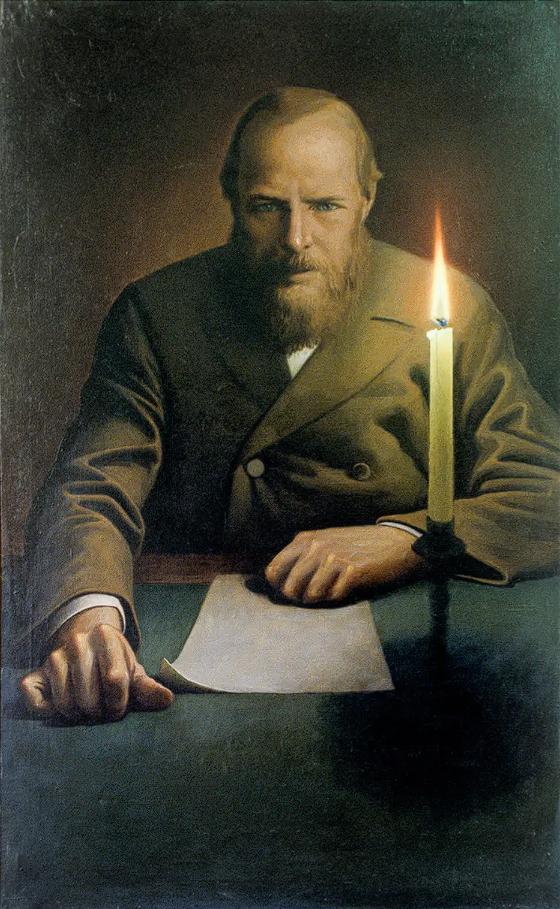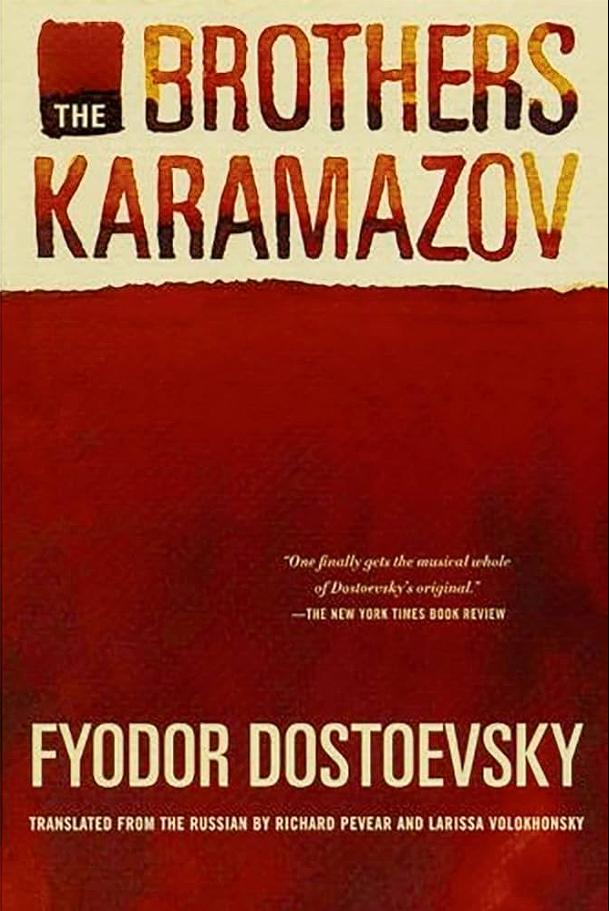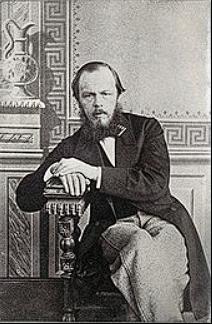Fyodor Dostoevsky’s life is a compelling narrative of resilience and redemption, marked by a dramatic brush with death and years of hardship. These experiences profoundly influenced his literary works, enriching them with psychological depth and moral complexity.
The Traumatic Ordeal of 1849
Dostoevsky’s arrest and near-execution in 1849 served as a pivotal moment in his life, shaping his worldview and artistic expression.
Arrest and Death Sentence
Dostoevsky’s involvement in the Petrashevsky Circle, a group discussing revolutionary ideas, led to his arrest and condemnation to death.

- Petrashevsky Circle:
- The Petrashevsky Circle was a group of intellectuals who gathered to discuss progressive and revolutionary ideas.
- Dostoevsky’s participation in this group reflected his interest in social and political reform.
- Condemnation to Death:
- His involvement in the circle led to his arrest and a sentence of death, reflecting the repressive political climate of the time.
- The severity of the sentence underscored the government’s fear of dissent.
- Facing the Firing Squad:
- Dostoevsky was led to the firing squad, facing imminent execution, creating a moment of intense psychological trauma.
- This experience would profoundly impact his understanding of life and death.
Dramatic Pardon
Just as the execution was about to take place, a messenger arrived with a pardon from the Tsar, dramatically altering Dostoevsky’s fate.
- Last-Minute Reprieve:
- The last-minute pardon from the Tsar saved Dostoevsky from execution, creating a moment of profound relief and shock.
- This dramatic turn of events added to the psychological impact of the experience.
- Psychological Impact:
- The near-death experience had a profound psychological impact on Dostoevsky, shaping his understanding of mortality and human existence.
- It influenced his later writings, adding depth to his exploration of human psychology.
- Symbol of Resilience:
- The pardon, though followed by years of hardship, symbolized Dostoevsky’s resilience and his ability to overcome adversity.
- It became a testament to his enduring spirit.
Siberian Exile
Dostoevsky’s sentence was commuted to four years of hard labor in Siberia, followed by four years of military service, a period that significantly shaped his life and work.

- Hard Labor in Siberia:
- Dostoevsky endured four years of hard labor in Siberia, experiencing harsh conditions and physical suffering.
- This period exposed him to the realities of Russian society and the human capacity for endurance.
- Military Service:
- Following his hard labor, he served four years in the military, further shaping his understanding of Russian society and human nature.
- These experiences provided rich material for his later literary works.
- Development of Epilepsy:
- During his time in Siberia, Dostoevsky developed epilepsy, a condition that would plague him for the rest of his life.
- This physical ailment added to his personal struggles and influenced his portrayal of suffering in his writing.
Literary Masterpieces and Enduring Influence
Despite his personal struggles, Dostoevsky continued to write, producing some of his most iconic works and leaving a lasting impact on literature.
Literary Output
Dostoevsky’s literary output during and after his Siberian exile includes some of the most influential works in Russian literature.


- “Crime and Punishment” (1866):
- “Crime and Punishment” explores themes of guilt, redemption, and the psychological impact of crime, reflecting Dostoevsky’s own experiences.
- The novel’s psychological depth and moral complexity have made it a literary masterpiece.
- “The Brothers Karamazov” (1880):
- “The Brothers Karamazov” delves into themes of faith, morality, and the human condition, showcasing Dostoevsky’s philosophical insights.
- The novel’s exploration of existential questions has made it a cornerstone of world literature.
- Continued Writing:
- Despite his struggles with epilepsy and the hardships of exile, Dostoevsky continued to write, producing a body of work that has stood the test of time.
- His dedication to his craft highlights his resilience and determination.
Influence on Writing
Dostoevsky’s experiences profoundly influenced his writing, adding depth and complexity to his characters and stories.
- Psychological Depth:
- His experiences with near-death and suffering added psychological depth to his characters, making them more realistic and relatable.
- His ability to portray the inner workings of the human mind has influenced generations of writers.
- Moral Complexity:
- His works explore moral complexity, reflecting his own struggles with faith, doubt, and the nature of good and evil.
- His exploration of moral dilemmas has made his works relevant to readers across cultures and time periods.
- Resilience and Determination:
- Dostoevsky’s life story is a testament to resilience and determination, inspiring readers to overcome adversity and pursue their passions.
- His personal experiences have added a layer of authenticity to his writing.
Enduring Legacy
Dostoevsky’s legacy extends beyond his literary works, encompassing his role as a profound thinker and a symbol of human resilience.

- Profound Thinker:
- Dostoevsky’s works reflect his deep philosophical insights and his ability to grapple with existential questions.
- His exploration of human nature has made him a revered thinker.
- Symbol of Resilience:
- His life story serves as a symbol of human resilience, demonstrating the ability to overcome adversity and find meaning in suffering.
- His experiences have inspired countless individuals to persevere in the face of challenges.
- Influence on Literature:
- His influence on literature is undeniable, shaping the development of psychological realism and existential themes.
- His works continue to be studied and admired for their depth and complexity.
Fyodor Dostoevsky’s life is a testament to the human spirit’s resilience and the transformative power of adversity. His literary masterpieces, deeply influenced by his personal experiences, continue to resonate with readers, securing his place as one of the most influential writers in literary history.
